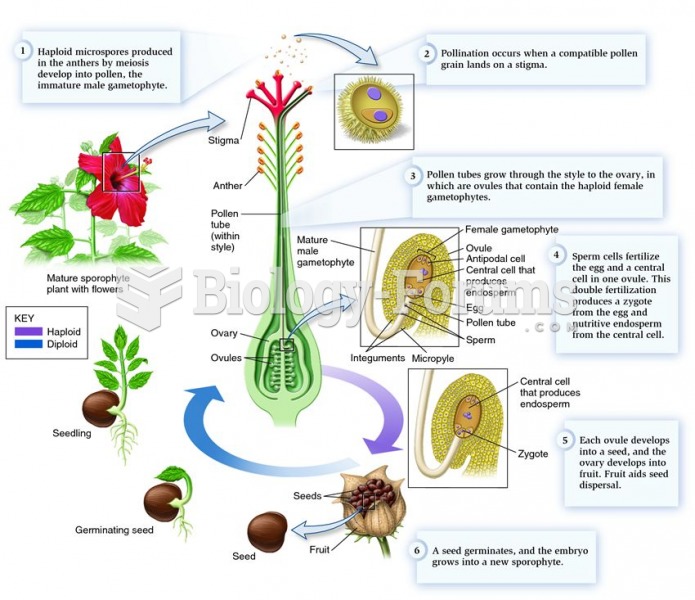Answer to Question 1
Natural factors have changed Earth's climate in the past and that they will undoubtedly change it in the future. For example, natural climate change has been definitively linked to global climate shifts such as the Pleistocene Ice Age, the Medieval Warm Period, and the Little Ice Age. During the past million years, the biggest temperature swings on Earth have been the ice ages. When ice ages have ended, it has taken about 5000 years for the planet to warm between 4C and 7C (7F and 13F). For comparison, in the 20th century alone, Earth's average temperature climbed about 0.7C (1.3F), which is roughly eight times faster than previous warming. In fact, proxy studies show that humanity is altering Earth's climate 5000 times faster than the pace of the most rapid natural warming episode in our planet's past. Over the past century, scientists from all over the world have been collecting data on natural factors that influence climatesuch as changes in the Sun's brightness, variations in Earth's orbit, major volcanic eruptions, and other factors. These observations have failed to show any long-term changes that could fully account for the recent rapid warming of Earth's temperature. Scientists agree that the observed warming in recent decades is occurring more quickly and with greater magnitude than can be explained by any natural factors. In essence, the release of human-caused emissions is the only viable explanation for the documented and observable recent climate changesincluding the increased average temperature of Earth's surface.
Answer to Question 2
Weather describes the conditions of the atmosphere at a given place and time, whereas climate is the long-term average of weather. For example, the expected weather conditions on a particular day will help you determine if you'll wear shorts or thermal underwear that day; the ratio of shorts to thermal underwear in your drawer reflects the climate of the region. Or, as Mark Twain purportedly said about the difference between the two, Climate is what you expect, weather is what you get.







